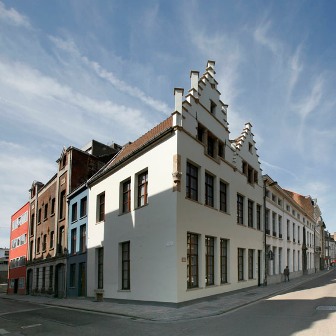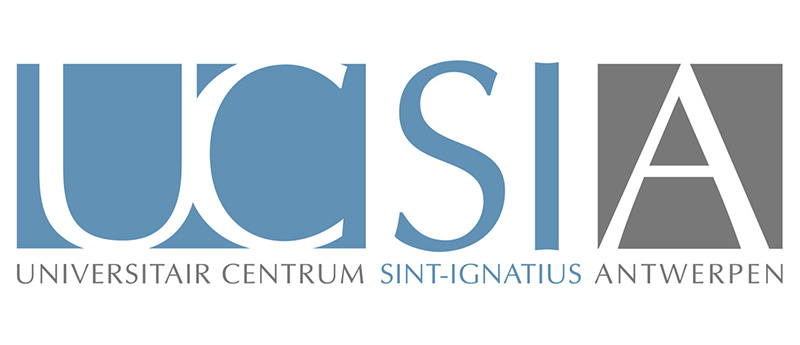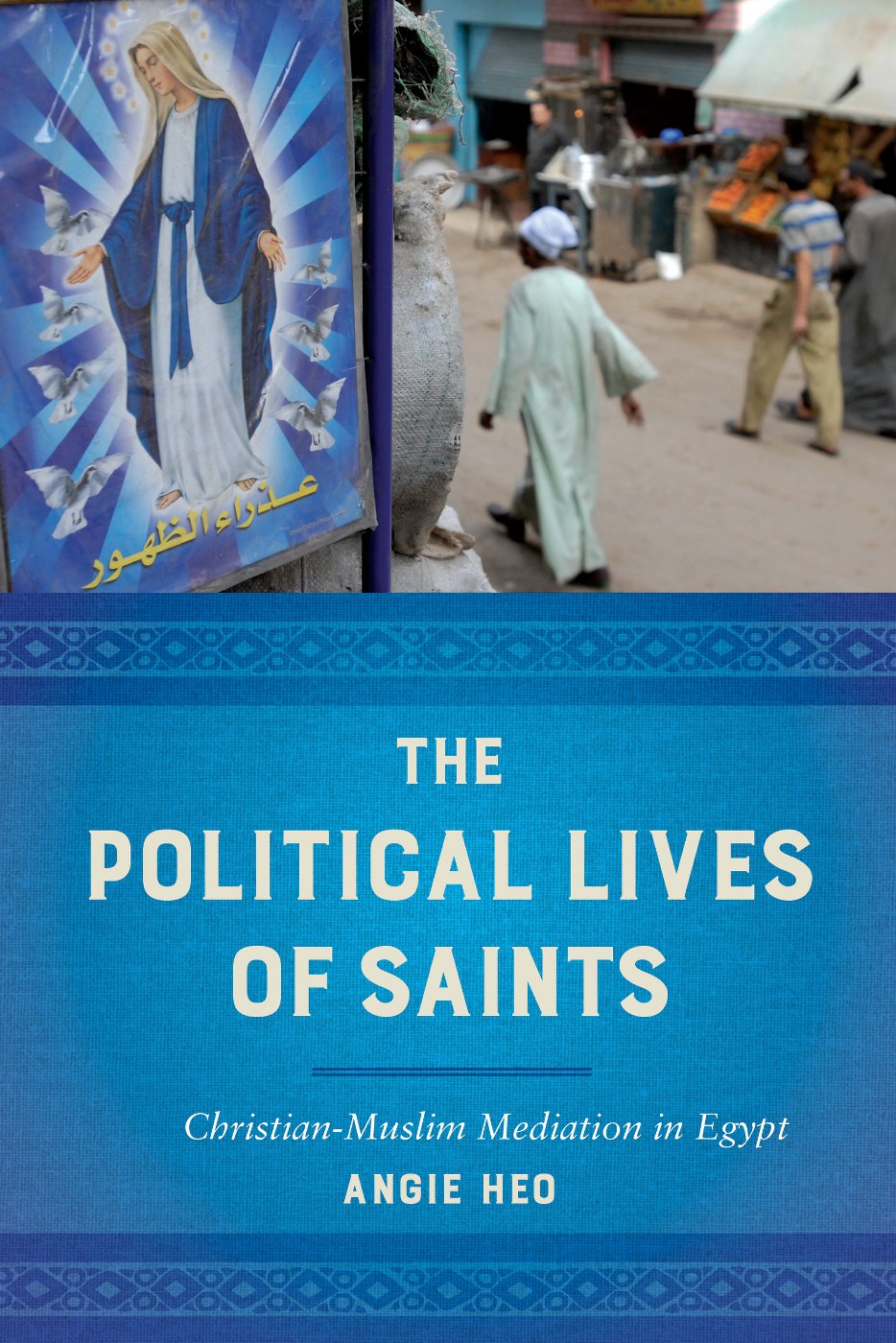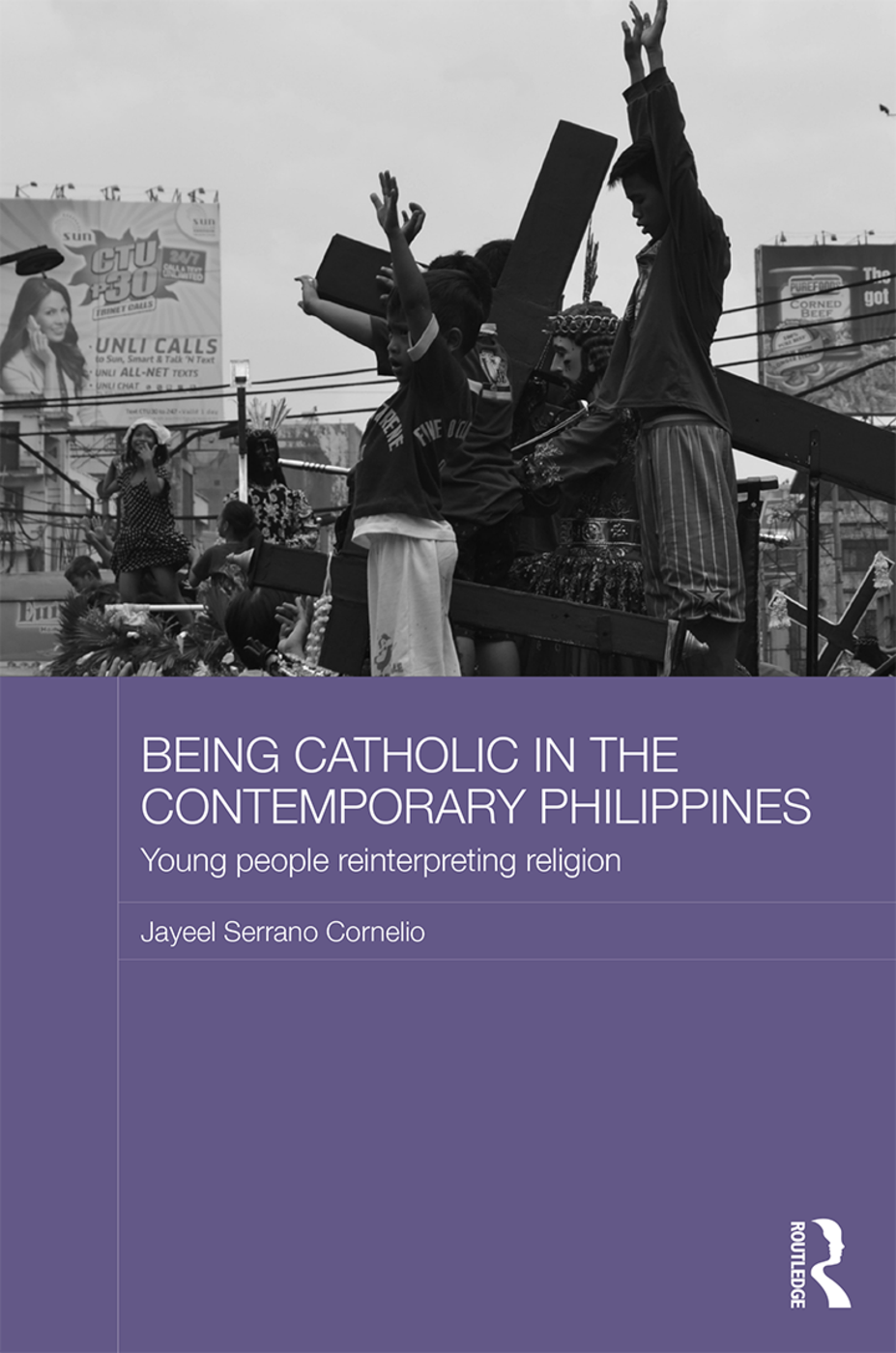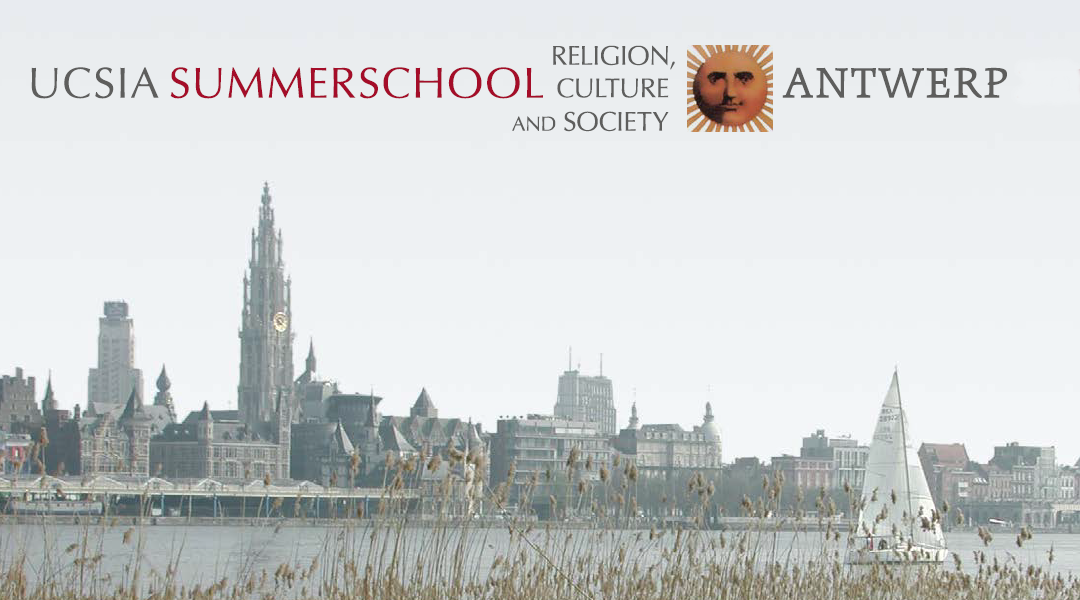
The Prosperity Ethic
Neoliberal Christianity and the Rise of the New Prosperity Gospel in the Philippines
Due to the corona pandemic, UCSIA was forced to cancel the ‘Religion, Culture and Society’ Summer School of 2020. The full program on ‘Religion, Mobility and Politics’ has been postponed until 22-29 August 2021. This also means there will be no public lecture at the University of Antwerp. Instead, we offer an exclusive webinar with two of the three Summer School tutors: Jayeel Serrano Cornelio will present his research on the prosperity ethic during the key note address, Angie Heo will be the respondent.
A new prosperity gospel is emerging in the Philippines. Cornelio calls it the prosperity ethic. Its dimensions set it apart from the previous incarnation of the prosperity gospel, which emphasized tithing and confessing. Specifically, the prosperity ethic values upward mobility and uses Biblical principles for the acquisition of practical skills to become rich. He makes his case by drawing on the writings of Bo Sanchez and Chinkee Tan, two of the most influential prosperity-oriented preachers in the country. The prosperity ethic has three dimensions: the morality of wealth (believing right), the prescribed mindset (thinking right), and the practical skills to accumulate wealth (doing it right). Cornelio will explain the rise of the prosperity ethic by relating it to major shifts in the economy since the 1990s. For sanctifying individual hard work and desire, the new prosperity gospel is emblematic of neoliberal Christianity in the Philippines today.
Download Jayeel Cornelio’s presentation
Keynotes
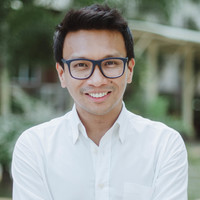
Jayeel Serrano Cornelio is Associate Professor and the Director of the Development Studies Program at the Ateneo de Manila University. He is also an associate editor of the journal Social Sciences and Missions (Brill). He has held visiting posts at Lancaster University, Lucian Blaga University of Sibiu, and the Chinese University of Hong Kong and was a postdoctoral fellow at the Max Planck Institute for the Study of Religious and Ethnic Diversity. The broad theme of his work is religious change in the Philippines. He is the author of Being Catholic in the Contemporary Philippines: Young People Reinterpreting Religion (Routledge, 2016).
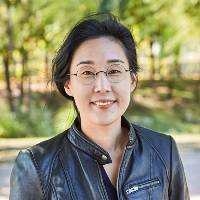
Angie Heo is Assistant Professor of Anthropology and Sociology of Religion at Divinity School, University of Chicago. She is an anthropologist of religion, media, and economy and is broadly interested in minority politics, critical mission history, postcolonial nationalism, and global religious movements. Her fieldwork so far has focused on two traditions, Eastern Orthodoxy and Evangelical Protestantism, and her research has explored two geographic regions, the Middle East and East Asia. Heo’s first book The Political Lives of Saints: Christian-Muslim Mediation in Egypt (University of California Press, 2018) offers a form-sensitive account of Coptic Orthodoxy and Christian-Muslim relations from before the Arab uprisings to their post-revolutionary aftermath. Drawing on traditions of martyrdom, pilgrimage, and icon veneration, it analyzes embodied practices of imagination to grasp the vexed interplay of nationalism and sectarianism in Egypt. Heo’s second book (in progress) turns to various sites of religious freedom, transnational capitalism, and Cold War empire in the Korean peninsula.
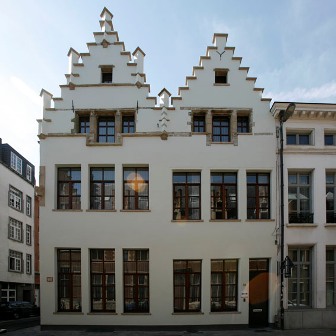
UCSIA
Koningstraat 2
B-2000 Antwerpen
info@ucsia.be
Tel. +32 (0)3 265 49 60
Voorlopige locatie tijdens de renovatiewerken:
Blindestraat 14, 2000 Antwerpen
